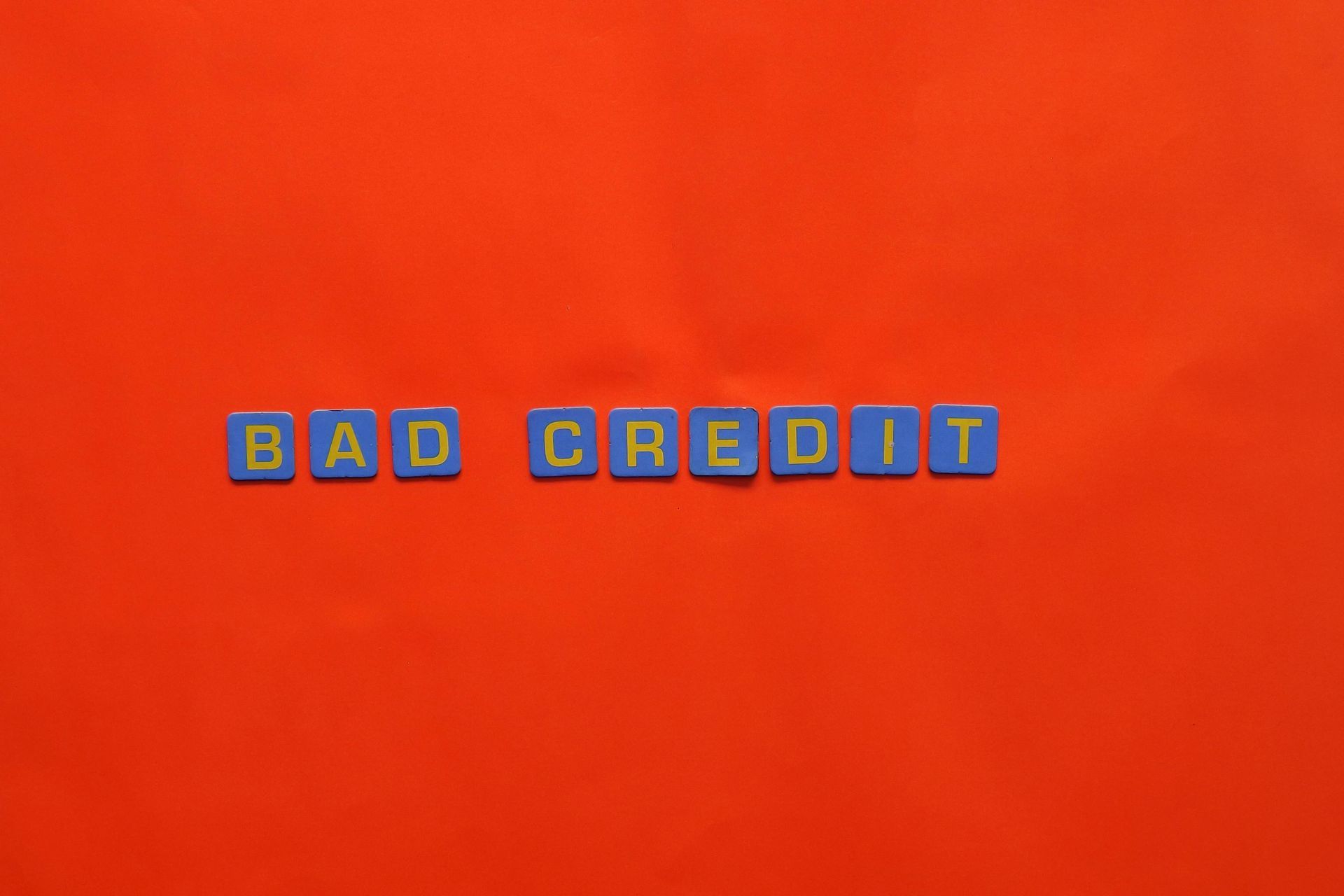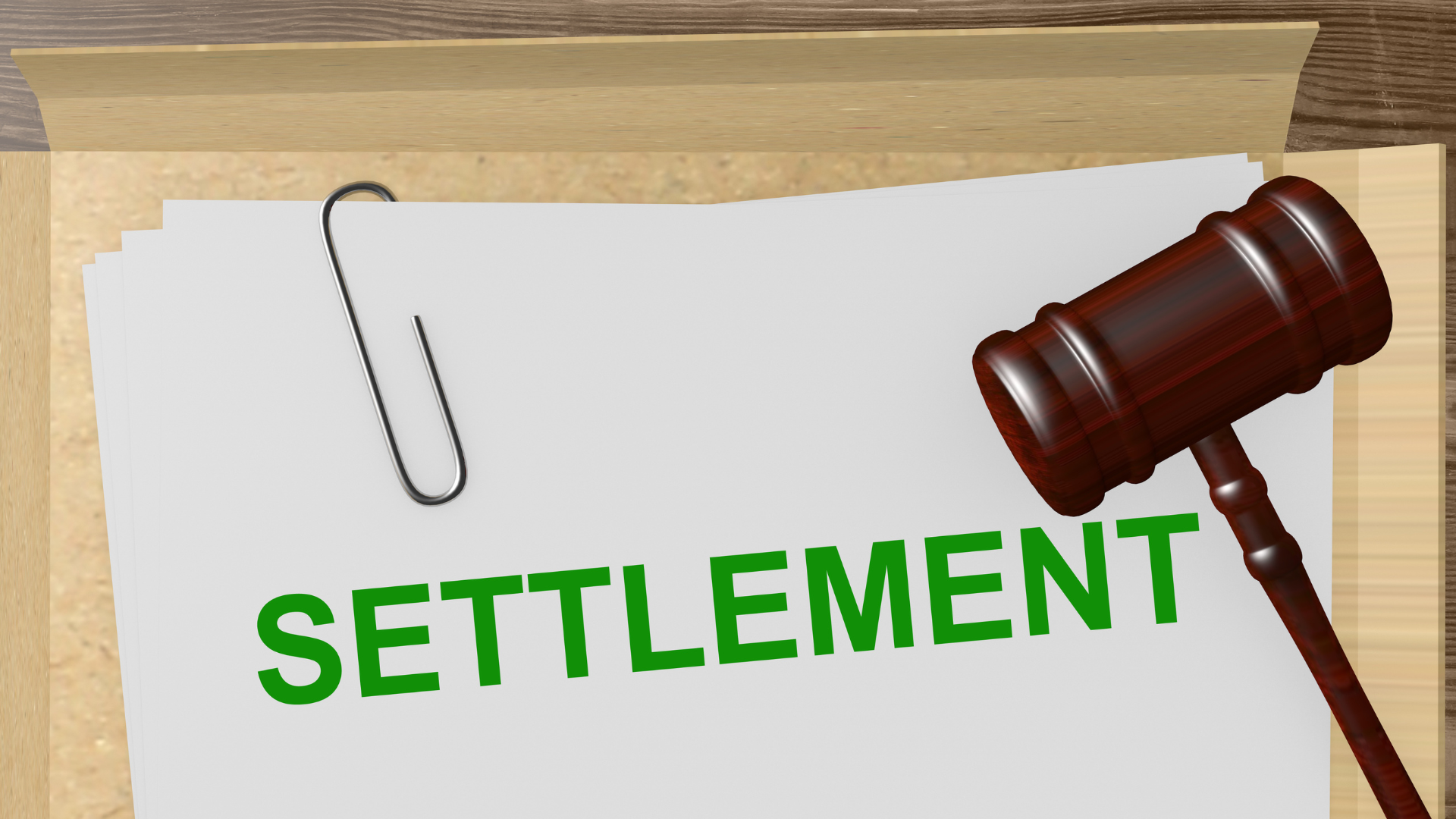Merchant Cash Advance for Bad Credit: What You Need to Know About MCA Loans
Merchant Cash Advance for Bad Credit

But while MCAs might offer quick relief, they can also lead to long-term debt traps—especially if you're not fully aware of what you’re signing up for.
In this guide, we’ll explain how merchant cash advances work for bad credit borrowers, the true cost of an MCA loan , who qualifies, and what to do if you’re struggling with repayment.
What Is a Merchant Cash Advance Loan?
A merchant cash advance loan —more accurately called a merchant cash advance or MCA—is a financing arrangement where a funder gives you a lump sum of cash upfront, and you repay it through a percentage of your future credit card or total sales.
Key features:
- No traditional loan structure
- No collateral required
- Daily or weekly payments via ACH
- Repayment based on revenue, not fixed monthly installments
- High approval rates, even with low credit scores
Why Businesses with Bad Credit Use MCAs
Many business owners turn to merchant cash advances because:
- Banks has denied them due to poor credit
- They need funds quickly (often in 24–48 hours)
- They don’t want to provide extensive documentation
- They’re behind on rent, payroll, or vendor payments
Because MCA providers look at business revenue, not just credit scores, it’s easier to qualify, even with a score under 600.
How MCA Repayment Works
MCAs aren’t repaid like traditional loans. Instead, repayment is based on a factor rate, not an interest rate, and is often deducted daily or weekly.Example :
- Advance: $30,000
- Factor rate: 1.4
- Total owed: $42,000
- Daily repayment: ~$350, taken automatically from your business bank account
Even if your sales drop, your daily payments continue, often leading to serious cash flow issues.
MCA Risks for Businesses with Bad Credit
For borrowers with limited resources, the risks of an MCA loan can outweigh the benefits. Here's why:
1. Stacking Debt
Borrowers often take out multiple MCAs (known as stacking) to keep up with payments. This can quickly spiral into an unsustainable debt load.2. Confession of Judgment
Many MCA contracts include a confession of judgment (COJ), allowing the funder to get a court judgment without a trial. This can result in:- Frozen bank accounts
- Property seizures
- Legal judgments without notice
3. Limited Legal Protections
Since MCAs aren’t classified as loans, they don’t fall under state usury laws or lending regulations, making it harder to fight back in court.Who Qualifies for a Merchant Cash Advance?
Despite bad credit, your business may still qualify for an MCA if you:
- Have been operating for 6+ months
- Generate at least $5,000–$10,000 in monthly revenue
- Accept credit card or electronic payments
- Have a business checking account
Your credit score, existing debt, and daily revenue stability will affect the terms you receive.
Alternatives to MCA Loans for Bad Credit
If you’re hesitant to take an MCA—or already have one and are looking for relief—consider these options:
What to Do If You’re Struggling with MCA Debt
1. Don’t Ignore the Problem
If your MCA payments are draining your business, ignoring it will only make things worse. Daily withdr awals can continue even if it means overdrafting your account.2. Review Your Contract
Look for signs of aggressive terms:- Confession of judgment clauses
- Personal guarantees
- High default penalties
- Stacking restrictions
3. Consult an MCA Defense Attorney
MCA Legal Defense: How J. Singer Law Group Can Help
At J. Singer Law Group , we’ve helped dozens of New York businesses fight back against abusive merchant cash advance practices.
Whether you're facing lawsuits, frozen accounts, or threats from MCA funders, we can:
- Challenge confessions of judgment
Negotiate settlements or reduced payoffs
- Vacate improper judgments
- Protect your business through litigation or bankruptcy
We understand the tactics MCA lenders use—and we know how to push back. If your business is trapped in a cycle of daily repayments, mounting fees, and legal threats, don’t wait until it’s too late.
Contact J. Singer Law Group today for a confidential consultation with an attorney who understands both the financial and legal sides of MCA debt.
Final Thoughts
A merchant cash advance for bad credit may look like a lifeline—but it can quickly become a trap. With daily withdrawals, high repayment totals, and aggressive enforcement clauses, MCA loans often push struggling businesses further into debt.
Before signing an MCA agreement—or if you’re already in too deep—speak with a trusted legal advisor. The sooner you act, the more options you'll have to protect your business.











